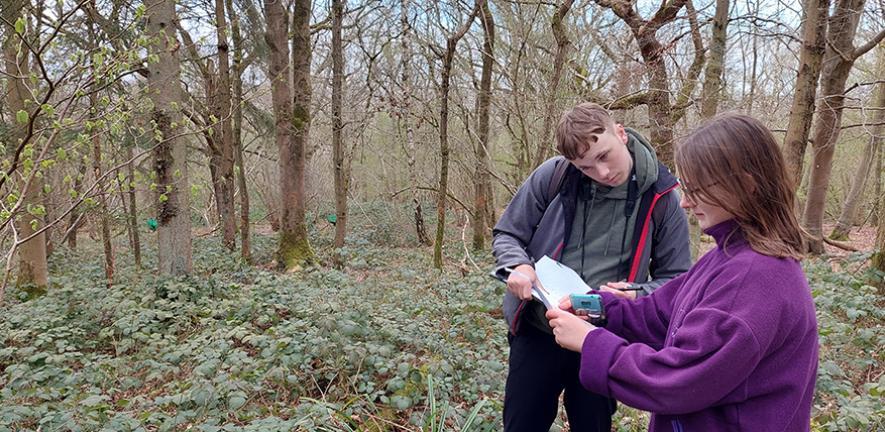
Submitted by Jane Durkin on Fri, 28/06/2024 - 11:21
A new legal requirement for developers to demonstrate a biodiversity boost in planning applications could make a more meaningful impact on nature recovery if improvements are made to the way nature’s value is calculated, say researchers at the University of Cambridge.
The study led by Dr Cicely Marshall, a member of the Forest Ecology and Conservation group and the Cambridge Conservation Research Institute, is the first comprehensive study of the performance of Defra’s new statutory biodiversity metric across England. The results were published on 28 June in the Journal of Applied Ecology.
From 2024, the UK’s Environment Act requires planning applications to demonstrate an overall biodiversity net gain of at least 10% as calculated using a new statutory biodiversity metric.
The researchers trialled the metric by using it to calculate the biodiversity value of 24 sites across England. These sites have all been monitored over the long-term, allowing the team to compare biodiversity species data with results from the metric.
Plant biodiversity at the sites matched values produced using the metric, but bird and butterfly biodiversity did not.
Cicely Marshall said “We hope our study will contribute to improving the way nature’s value is calculated, to make the most of this valuable opportunity for nature recovery.”
Read more:
Reference: Marshall, C. 'England’s statutory biodiversity metric enhances plant, but not bird nor butterfly biodiversity'. Journal of Applied Ecology, June 2024. DOI: 10.1111/1365-2664.14697
Photo: Researchers assess woodland condition at Alice Holt Forest. Photo credit: Cicely Marshall
